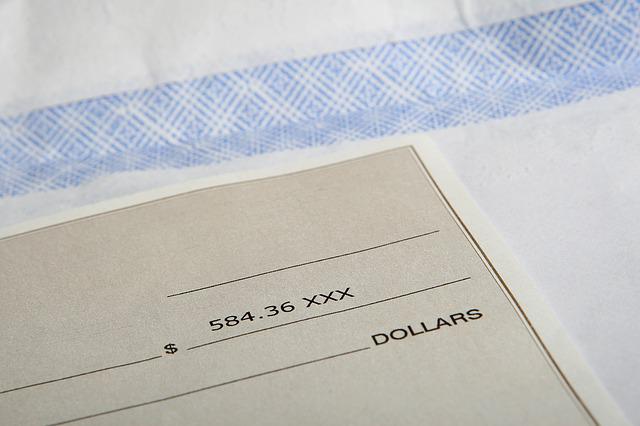Nearly everyone will have debt at some point in their lives. It’s simply a fact of life. But that doesn’t mean you have to live with constant stress because of it.
 There are things you can do to make living with debt less stressful. In this article, we will discuss some tips that will help you manage your finances and keep your head above water!
There are things you can do to make living with debt less stressful. In this article, we will discuss some tips that will help you manage your finances and keep your head above water!
Realize Debt is Part of Life
The first step to managing your debt is to accept that it’s a part of life. It’s nothing to be ashamed of and it doesn’t make you a bad person. Everyone has debt at some point in their lives.
That could be from a mortgage, a car loan, student loans, or even credit card debt. We know that it sounds strange, but the first step to managing your debt is to accept that it exists.
The important thing is how you handle it. And there are many ways to do so. For example, you can set up a budget and make sure you’re always making progress.
You can also make extra payments when you can and try to pay off your debt as quickly as possible.
Seek Strategic Support
If you’re struggling to make ends meet, it might be time to seek out some strategic support. There are many options available to help you get back on track.
You can talk to a financial advisor or even a debt consolidation company. They can help you create a plan to pay off your debt and get your finances back in order.
A financial advisor will be able to help you understand your options and make a plan that’s right for you. There are also teams of experts that offer guidance on debt relief and you can find out more on their website where everything is clearly explained.
From personal finance guides and tools to government assistance and more, they can provide you with the resources and support you need to get back on track.
Make Sure You’re Always Making Progress
No matter how small, it’s important to make sure you’re always making progress on your debt. This can be difficult, especially if you have a lot of debt.
But even if you only make a little bit of progress each month, it will add up over time. And eventually, you’ll be debt-free! To help you stay on track, we recommend setting up a budget and making extra payments when you can.
You can also use our debt calculator to see how much progress you’re making each month. In addition, you should also have a plan for what you’ll do once you’re debt-free.
Will you save the money or use it to pay off other debts? The important thing is to have a plan so that you can stay on track and achieve your financial goals.
Make More Money
If you’re struggling to make ends meet, it might be time to make more money. This may sound like a difficult task, but, believe us, there are many ways to do it.
For starters, you could find a side hustle or a part-time job. You can also make money from garage sales, online surveys, or even by renting out a room in your house.
If you’re creative, there are many ways to make extra money. And the more money you make, the easier it will be to pay off your debt.
Consider Bankruptcy
If you’re struggling to make ends meet and nothing else seems to be working, you may need to consider bankruptcy. This sounds like a drastic measure, but it may be the best option for you.
Bankruptcy can help you get out of debt and start fresh. It’s important to talk to a financial advisor or bankruptcy attorney before making any decisions.
They can help you understand your options and make sure that bankruptcy is the right choice for you. Furthermore, it is important to remember that bankruptcy should always be a last resort.
There are many other options available and you should exhaust all of them before considering bankruptcy.
Debt is a part of life for many people. And while it can be difficult to manage, there are many ways to do so. You can set up a budget and make sure you’re always making progress.
You can also seek strategic support from financial advisors or debt consolidation companies. And if you’re struggling to make ends meet, you might want to consider making more money.
Bankruptcy should always be a last resort, but it may be the best option for you. There are many other options available, so please exhaust all of them before considering bankruptcy.
We hope this article has been helpful and that you find the right solution for your unique situation.
Related Posts:
- 5 Benefits of Consolidating Your Debts
- 5 Meaningful Uses For a Personal Loan
- One Of The Methods To Approach Refinansiering: Cash-out
- 5 Sure Fire Ways to Know Your Loan Was Foolish
- Five Effortless Ways to Get Rid of Debt in 2022
- What To Do When You Can’t Pay Your Debts
- Bankruptcy: What is it and How Can You File?
- What Qualifies for Meeting the Requirements of Chapter 7 Bankruptcy